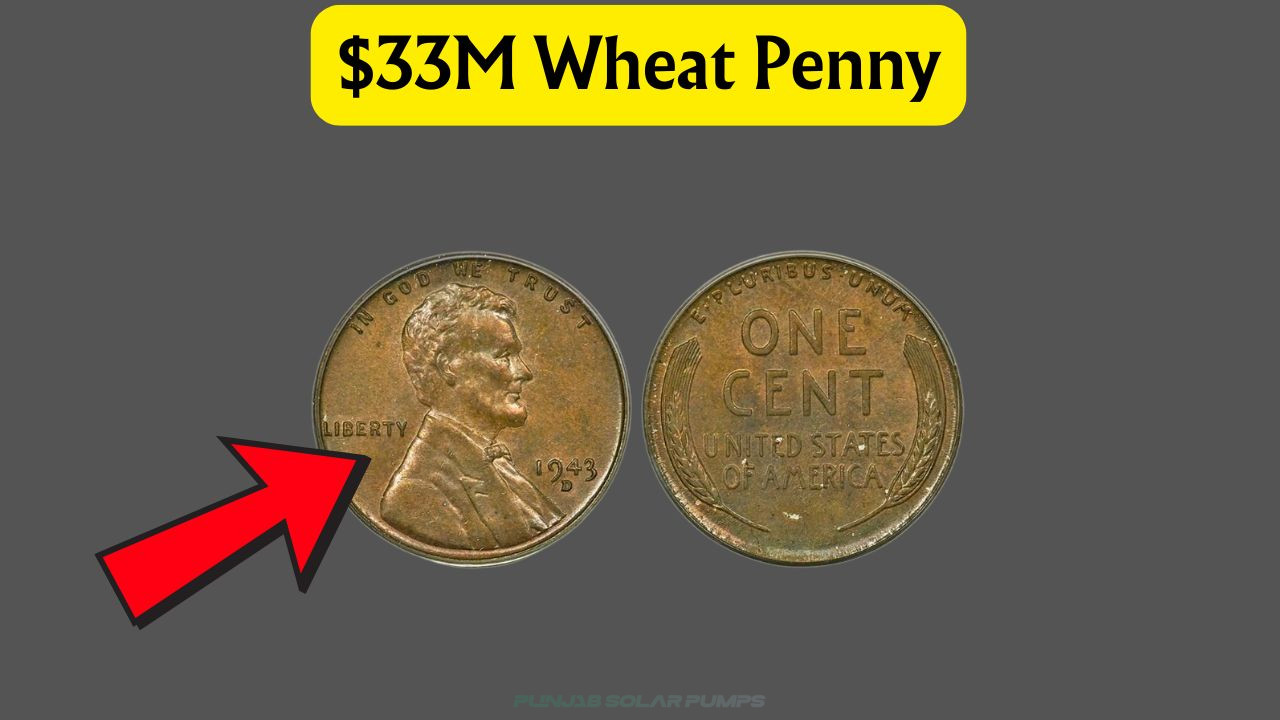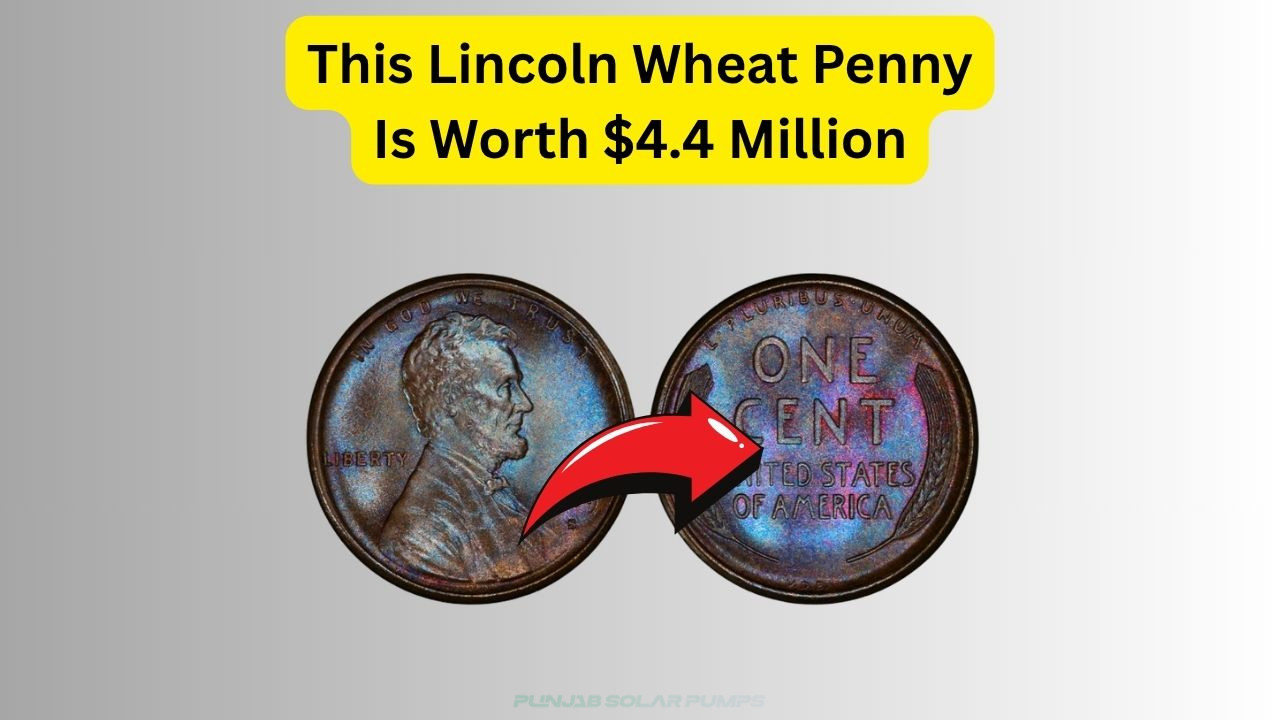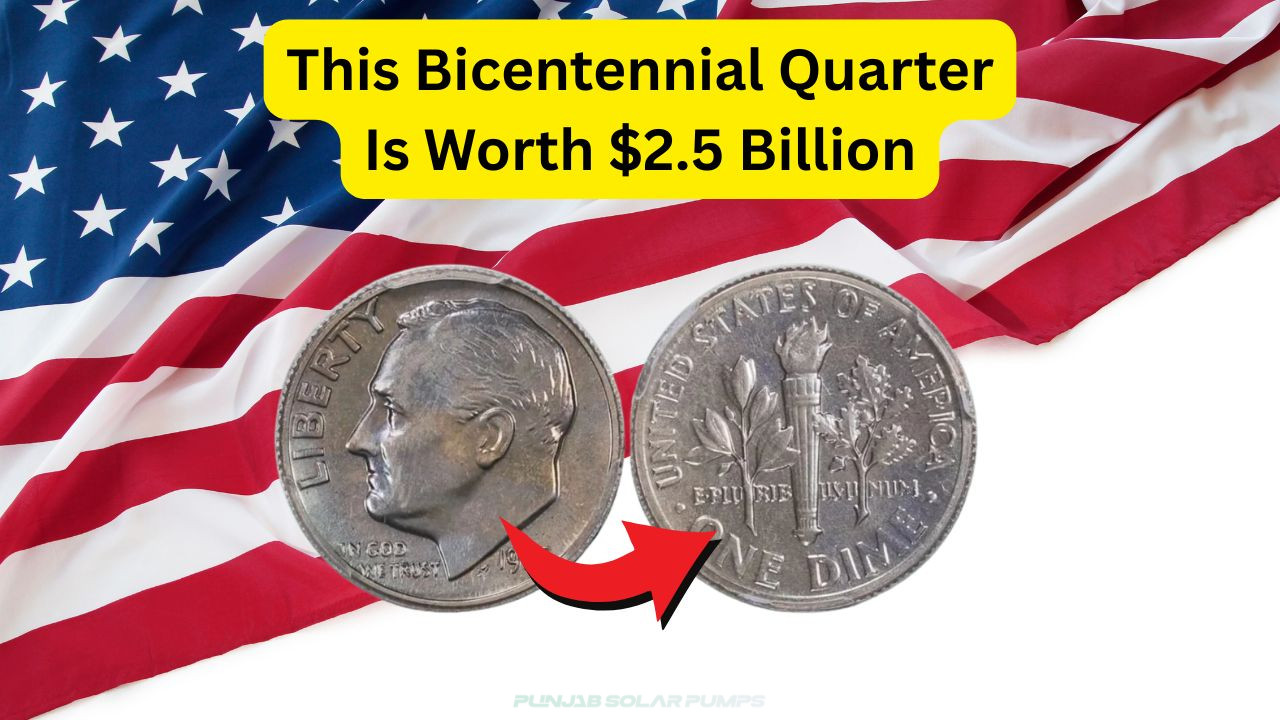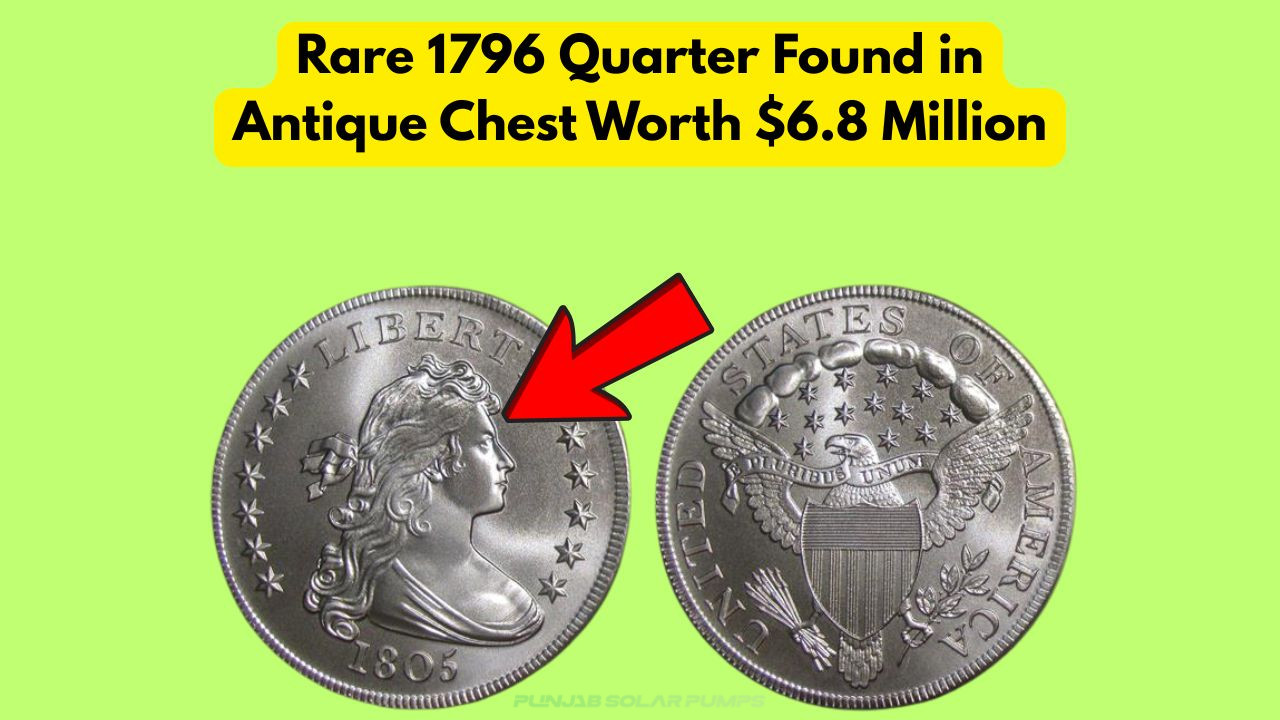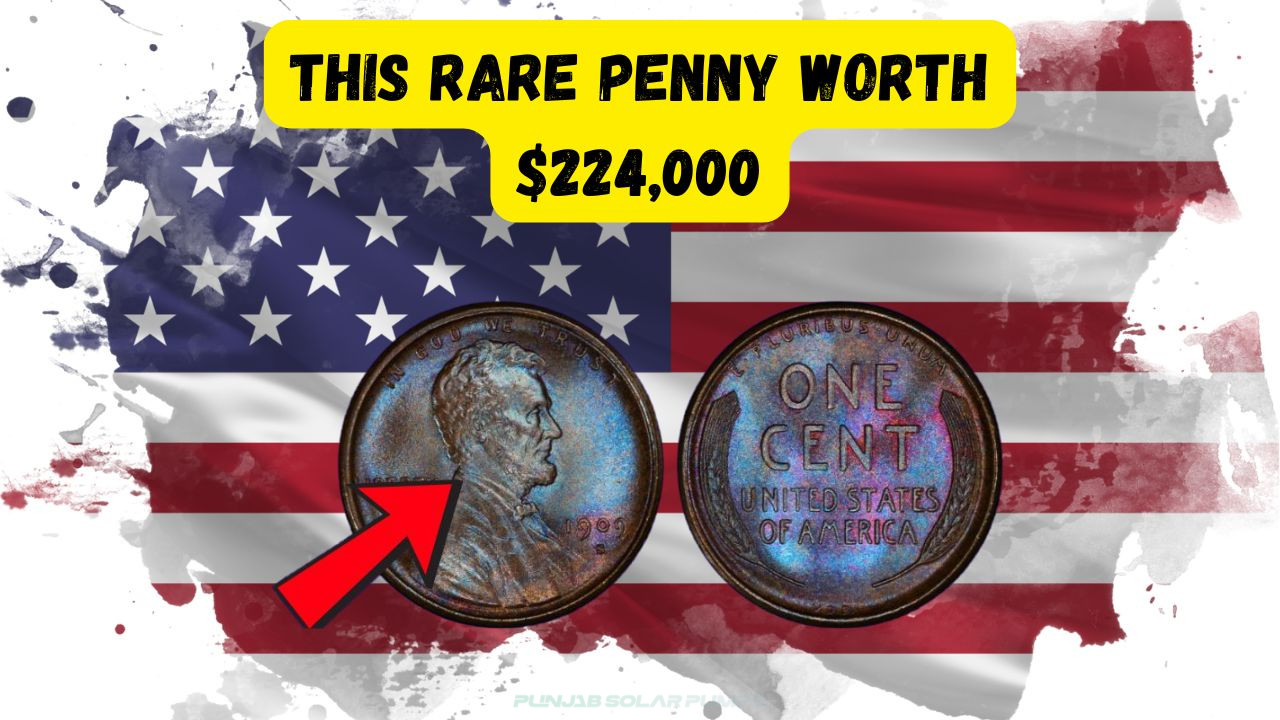Lincoln Wheat Penny Worth $33.3 Million
Unraveling the Mystery of the Lincoln Wheat Penny
Could you be unknowingly holding a fortune in your pocket? The story of the Lincoln Wheat Penny is a fascinating tale of rarity and value, with some coins reportedly worth up to $33.3 million. This humble coin, minted between 1909 and 1958, has become a legendary artifact among collectors due to its unique history and scarcity.
- Historical Significance
- Design and Symbolism
- Uncommon Features
- Minting Errors
- Rarity and Demand
- Collector’s Pride
- Investment Potential
Understanding the Value of Rare Coins
What makes a coin so valuable? The value of a rare coin like the Lincoln Wheat Penny is determined by several factors. These include its historical significance, the rarity of the particular mint year, unique design elements, and any errors that occurred during production. Coins with minting errors are especially prized because they offer a glimpse into the coin’s creation process and are limited in number.
- Mint Year
- Condition
- Rarity
- Error Coins
- Provenance
- Market Demand
- Authenticity
Noteworthy Examples of Valuable Pennies
Throughout history, numerous pennies have fetched extraordinary prices at auctions. Among these, the Lincoln Wheat Penny stands out, especially those minted during rare years or with unique minting errors. Collectors and numismatists often pay top dollar for such coins, believing them to be a sound investment and a piece of history worth preserving.
| Year | Mint Mark | Condition | Value | Errors | Rarity | Sale Price | Historical Significance |
|---|---|---|---|---|---|---|---|
| 1909 | V.D.B. | MS65 | $20,000 | Double Die | High | $33.3 Million | First Year of Issue |
| 1914 | D | MS63 | $15,000 | None | Medium | $150,000 | Low Mintage |
| 1922 | No D | MS60 | $45,000 | No Mint Mark | High | $150,000 | Mint Error |
| 1943 | S | MS66 | $250,000 | Steel Planchet | High | $800,000 | Wartime Issue |
| 1955 | None | MS64 | $35,000 | Double Die | Medium | $125,000 | Famous Error |
| 1958 | P | MS65 | $30,000 | Double Die | Low | $200,000 | End of Wheat Penny |
| 1931 | S | MS64 | $60,000 | None | Medium | $80,000 | Great Depression |
| 1917 | P | MS65 | $10,000 | None | Low | $15,000 | Post-WWI |
Analyzing the Factors That Drive Coin Prices
Why do some coins achieve astronomical prices? The driving force behind the skyrocketing prices of certain coins lies in their rarity, condition, and historical significance. Additionally, the collector’s market dynamics, including demand and availability, can dramatically influence a coin’s value. Understanding these factors can help collectors make informed decisions about buying and selling rare coins.
| Factor | Impact on Value | Examples | Description | Market Trend | Collector Insight |
|---|---|---|---|---|---|
| Rarity | High | 1909-S VDB | Limited Minting | Increasing | High Demand |
| Condition | Medium | MS65 | Well-Preserved | Stable | Important |
| Historical Significance | High | 1943 Steel Penny | Wartime Coin | Increasing | Popular |
| Minting Errors | High | 1955 Double Die | Production Error | Increasing | Highly Sought |
| Market Demand | Variable | 1922 No D | Collector Interest | Fluctuating | Unpredictable |
| Provenance | Medium | Famous Collections | Ownership History | Stable | Enhances Value |
| Authenticity | Critical | Certified Coins | Verified Genuine | Stable | Essential |
| Market Timing | Variable | Auctions | Economic Factors | Fluctuating | Strategic |
Collecting Lincoln Wheat Pennies
Have you ever considered starting a collection? Collecting Lincoln Wheat Pennies can be a rewarding hobby and investment. Enthusiasts often enjoy the thrill of the hunt, searching for elusive coins to complete their collections. Moreover, owning a piece of history that may appreciate over time adds an exciting dimension to this pastime.
- Getting Started
- Identifying Key Dates
- Understanding Mint Marks
- Preservation Tips
- Building a Network
- Joining Collector Communities
- Investing Wisely
Evaluating Coin Authenticity
- Professional Grading Services
- Visual Inspection
- Using Technology
- Comparing with Verified Examples
- Consulting Experts
Preserving Your Coin Collection
How to ensure your collection remains valuable? Proper preservation of coins is essential to maintaining their condition and value. Collectors should take specific steps to protect their investments, such as storing coins in climate-controlled environments, using archival-quality holders, and handling them with care to avoid damage.
- Storage Solutions
- Handling Techniques
- Preventing Corrosion
- Insuring Your Collection
Exploring the World of Coin Auctions
- Finding Reputable Auctions
- Bidding Strategies
- Understanding Auction Terms
- Evaluating Auction Results
- Networking with Other Collectors
- Learning from Experts
- Spotting Investment Opportunities
Unique Insights into the Lincoln Wheat Penny Market
Making Smart Investments in Rare Coins
- Research Thoroughly
Before investing, conduct comprehensive research about the specific coins you are interested in. Understanding historical trends and market conditions can guide your investment decisions. - Consult Professionals
Seek advice from experienced numismatists and professional coin dealers. Their insights can help avoid common pitfalls and identify genuine opportunities. - Start Small
Begin with a modest investment in coins with proven value. As you gain experience, you can gradually expand your collection. - Stay Informed
Keep abreast of market trends, auction results, and news within the numismatic community. Staying informed helps you make timely decisions. - Assess Risk
Evaluate the risks associated with coin investments, including market volatility and authenticity concerns. Diversifying your portfolio can mitigate some of these risks.
